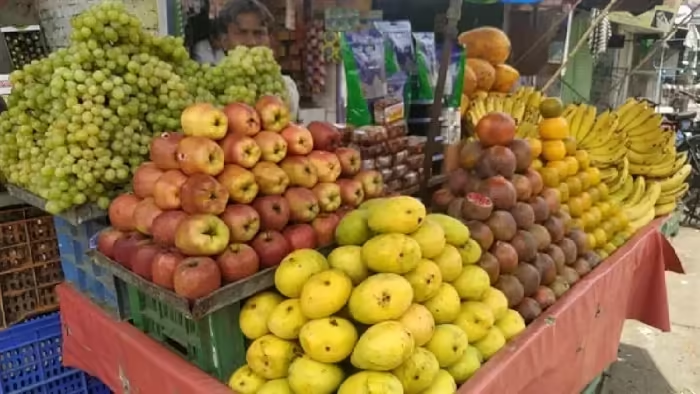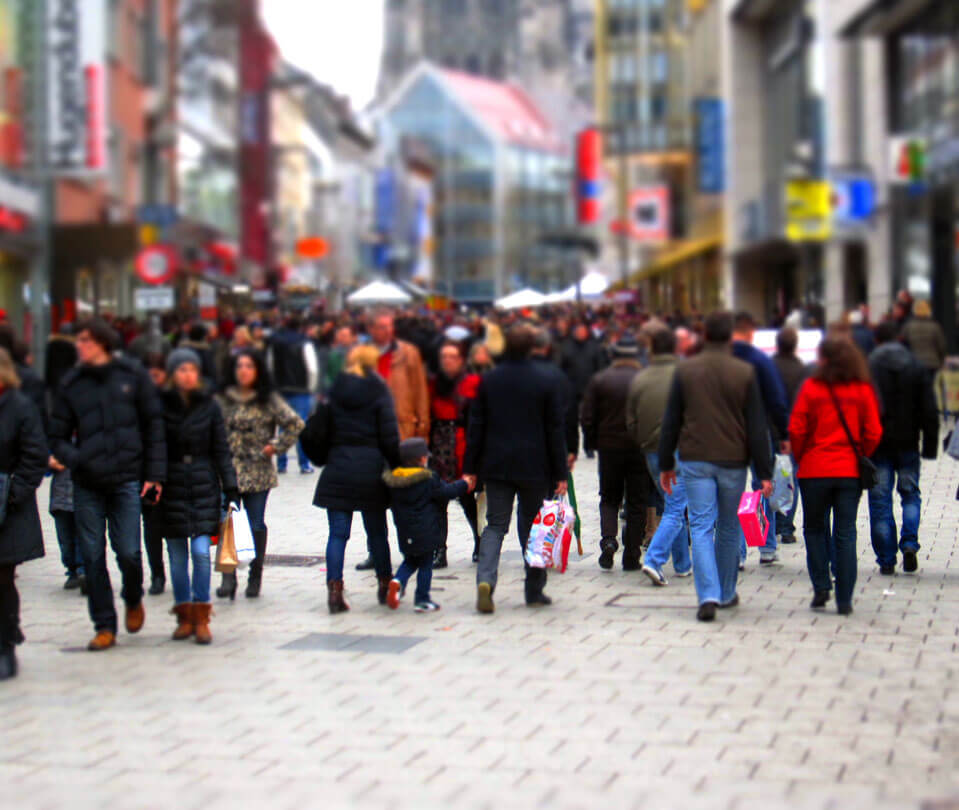As the Janmashtami festival approaches, the demand for fruits in the market has surged. People start preparing for the celebration well in advance, leading to an increased consumption of fruits during fasting. This spike in demand has caused fruit prices to rise significantly. Many devotees observe fasts during Janmashtami, making the higher fruit prices a burden on their wallets.
Prices Expected to Increase Further in the Next Few Days
According to local buyers, fruit prices were stable until about a week ago. However, as Janmashtami draws nearer, prices have increased by ₹10 to ₹20. Afzal, a fruit vendor in Lower Bazaar, mentioned that fruit prices are likely to rise even further in the next two to three days. For example, high-quality apples, which were selling at ₹120 per kilogram, have now jumped to ₹150 to ₹180 per kilogram as of Thursday.
Vegetable Prices Rising Along with Fruits
In addition to fruits, vegetable prices have also seen an increase. Pomegranates are now priced at ₹200 per kilogram, and Chaunsa mangoes have seen a hike of ₹100 to ₹150. The impact of inflation is not limited to fruits alone; some vegetables have also become more expensive. The price of potatoes, which were selling at ₹30 to ₹35 per kilogram, has now risen to ₹40 to ₹50 per kilogram as Janmashtami approaches. According to a fruit vendor in the vegetable market, the demand for fruits is growing, with sales during fasting periods significantly higher than on regular days.
Increased Demand Driving Up Fruit Prices
The rising demand for fruits during the Janmashtami festival is clearly reflected in the market. In Shimla, pomegranates have become the most expensive, reaching ₹200 per kilogram. Apples have also seen a sharp increase, jumping from ₹100 to ₹150–₹180 per kilogram. Similarly, bananas, which were selling at ₹70 to ₹80 per dozen, are now priced at ₹80 to ₹100 per kilogram. The prices of other fruits have also seen a noticeable increase.













3 Comments